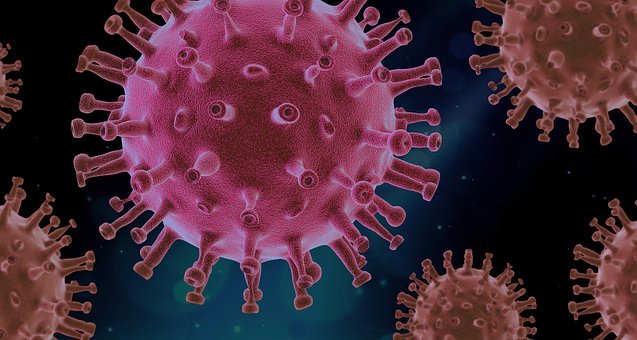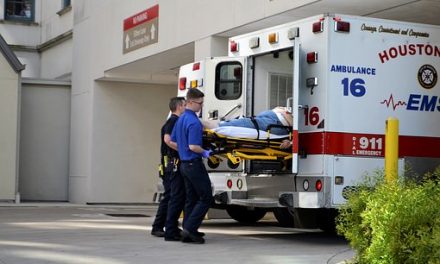The question has been raised as to whether use of angiotensin converting enzyme (ACE) inhibitors or angiotensin receptor blockers (ARBs) could be associated with higher COVID-19 risk, or higher risk of severe COVID infection.
ACE inhibitors and ARBs are medications that are used to treat high blood pressure. They are amongst a class of medications called RAAS (renin-angiotensin-aldosterone system) blockers. They are also used widely for heart and kidney protection, including in people with heart conditions or diabetes, even if they do not have high blood pressure.
Examples of ACE inhibitors include captopril, enalapril, perindopril, and ramipril.
Examples of ARBs include irbesartan, losartan, olmesartan, and telmisartan.
The COVID-19 virus gains access to pulmonary (lung) cells via an enzyme called ACE2. This enzyme is a homolog (like a cousin) of ACE. ACE is the enzyme that is blocked by ACE inhibitors to reduce blood pressure and protect heart and kidneys. As discussed in a recent article in the New England Journal of Medicine, ACE inhibitors do not directly affect ACE2 activity. It is not known whether ACE inhibitors affect ACE2 expression in the lungs, and not clear whether ACE inhibitors affect ACE2 levels in our blood.
ARB medications block the RAAS system at spot that is downstream from where ACE inhibitors work. ARBs may increase the expression of ACE2 by up to two- to five-fold in the kidneys and heart. However, it is not known whether ARBs have an impact on ACE2 expression in our lungs, ACE2 activity, or ACE2 levels in our blood.
It is also not known whether any change in ACE2 in the lungs or blood would actually have an impact on COVID-19 infection.
A history of hypertension (high blood pressure) has been identified as a risk factor for more severe COVID-19 infection. This is most likely due to the long term effects of high blood pressure on risk of cardiovascular disease, heart failure, and reduced kidney function, but could also be at least in part due to hypertension being more common with older age, which is a clear risk factor for more severe coronavirus infection. Whether it could be related to blood pressure medications themselves is not known.
A recent article in the Journal of Hypertension hypothesizes how other classes of blood pressure medications could hypothetically modify COVID risk (good, bad, or neutral) via their effect on the substrate of the ACE2 enzyme (angiotensin II) – but I emphasize that this is entirely hypothetical at this time. The New England article hypothesizes whether RAAS blockers could actually be beneficial rather than harmful in COVID-19. (Scientists: the postulated mechanism here is that COVID-19 gains entry to pneumocytes via ACE2, but subsequently downregulates ACE2 expression. It is postulated that this may result in unabated angiotensin II activity, resulting in local RAAS activation and organ injury.)
BOTTOM LINES:
We do not yet know if ACE inhibitors or ARBs have any impact (good or bad) on risk or severity of COVID-19 infection. Any suggested impact is hypothetical at this time and is the subject of great interest and research as the pandemic continues.
What is NOT hypothetical is the danger of stopping blood pressure medications. Stopping blood pressure medication could increase the risk of heart attack, stroke, kidney damage and so forth. DO NOT stop your blood pressure medication. It is also not recommended to change blood pressure treatments at this time. This is under active investigation, and you can trust that I will post updates if there is any new information to share.
See also Diabetes Canada’s recommendation on this (which is the same).
Subscribe to my blog (box top right) for more on COVID-19 in the coming weeks.
Follow me on twitter! @drsuepedersen
www.drsue.ca © 2020












